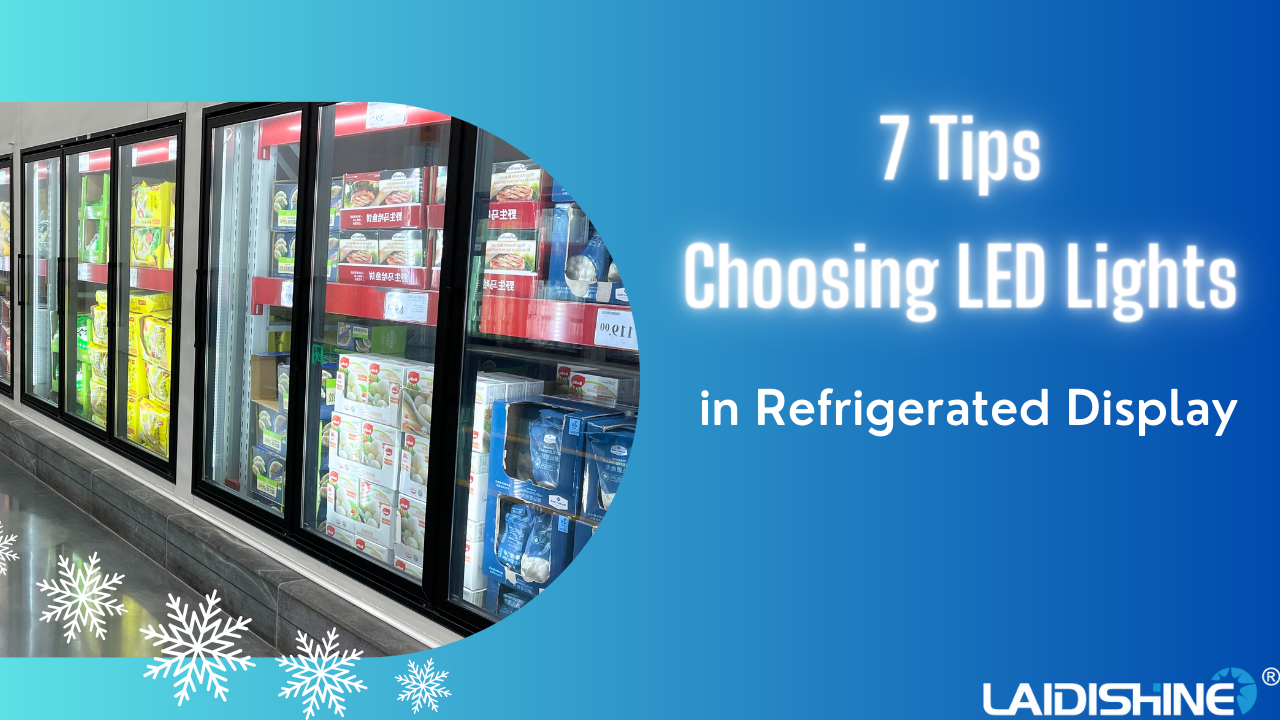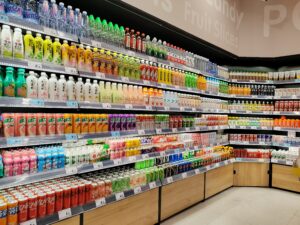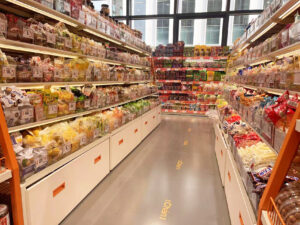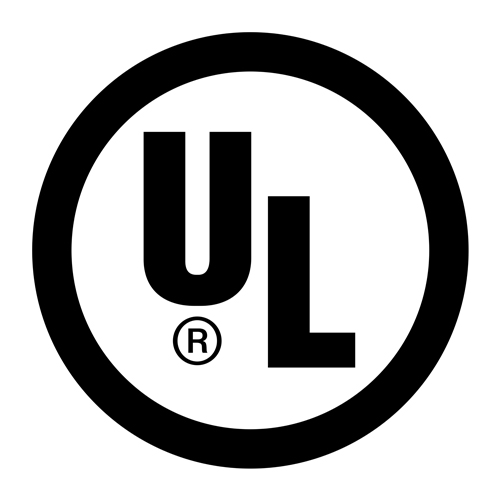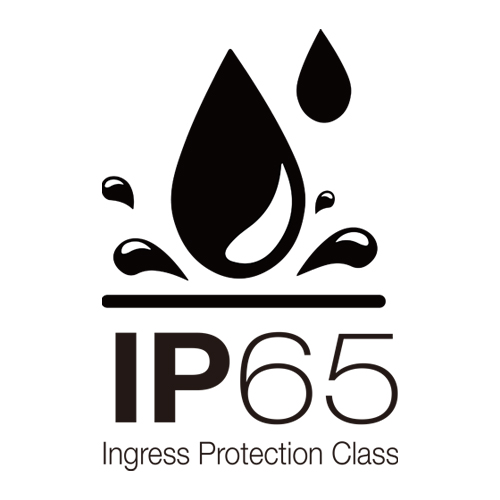In the ever-evolving world of retail, creating an inviting and visually appealing shopping environment is essential. When it comes to refrigerated displays, the right lighting can make a significant difference not only in aesthetics but also in product visibility and energy efficiency. LED lights have emerged as the preferred choice for refrigerated display lighting due to their energy efficiency, longevity, and environmental benefits. Cependant, not all LED lights are created equal. Dans cet article, we’ll delve into the main factors you need to consider when choosing LED lights for refrigerated displays.
1. **Température de couleur:**
Different foods and items require different colour temperatures to showcase their best qualities. For instance, fresh produce may benefit from a cooler colour temperature (5000K) to enhance the freshness, while meat and deli items might be better displayed under a slightly warmer colour temperature (4000K, 3500K, 3000K). Understanding the specific needs of your products will guide you in selecting the most suitable colour temperature for your refrigerated displays.
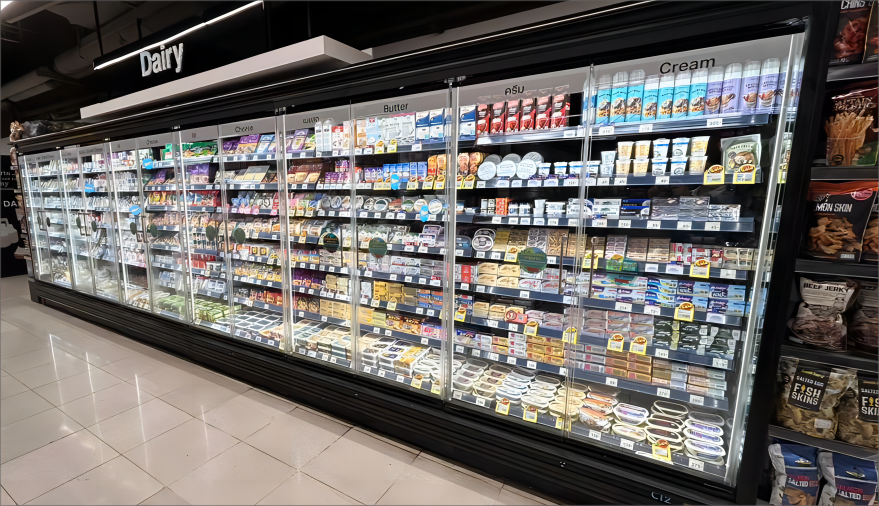
2. **IRC (Color Rendering Index):**
CRI measures how accurately a light source renders colours compared to natural light. A high CRI is crucial for displaying products accurately, especially in the food industry where colour plays a significant role in consumer perception. Aim for LED lights with a CRI of 80 or above to ensure your products look vibrant and appealing under the display lighting.

3. **Efficacité énergétique:**
LED lights outperform traditional fluorescent tubes in terms of energy efficiency. On average, LED lights use 50-70% less energy than their traditional counterparts. This significant reduction in energy consumption not only contributes to cost savings but also aligns with environmental sustainability goals. Making the switch from traditional tubes to LED lights can lead to a substantial decrease in electricity usage.
4. **Low Temperature Resistance:**
Refrigerated displays, particularly those housing frozen foods at temperatures ranging from -18 à -20 degrees Celsius, demand lights that can withstand these extreme conditions. Ensure the selected LED lights are explicitly designed for low-temperature resistance, providing reliable performance and visibility even in freezing environments.
5. **Imperméable (IP Level):**
Refrigerated environments can be prone to moisture, making it essential to choose LED lights with a high Ingress Protection (IP) level. Aim for an IP rating of IP65 to IP67, ensuring that the lights are effectively sealed against dust and protected against low-pressure water jets. This waterproof feature enhances the durability of the lights and ensures consistent performance in humid or damp conditions.
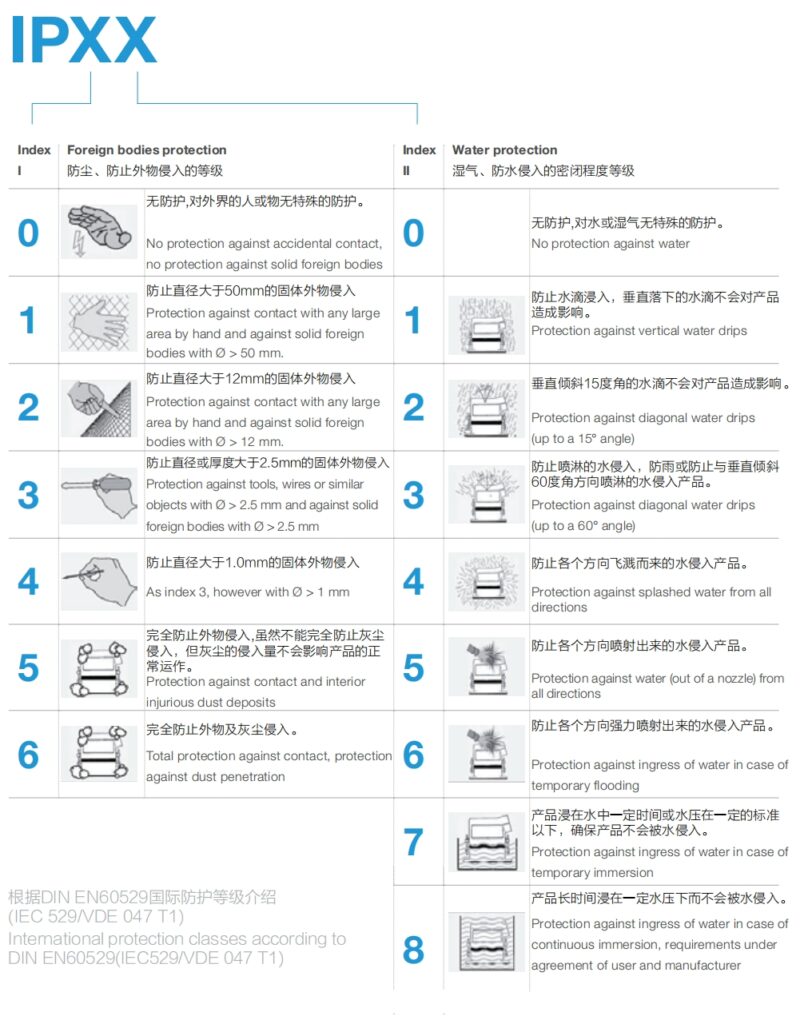
6. **Longevity and Maintenance:**
Consider LED lights with a warranty period of 3 à 5 années, showcasing the manufacturer’s confidence in the product’s durability. LEDs typically have a lifespan exceeding 50,000 heures, translating to years of reliable service. Opting for lights with minimal maintenance requirements can further enhance the overall cost-effectiveness and longevity of the lighting solution.
7. **Luminosité:**
Brightness is a critical factor in ensuring your products are well-illuminated and visually appealing. Choose LED lights with an efficiency of over 120 lumens par watt (lm/W) for optimal performance. Meeting or exceeding the minimum requirement of 115 lm/W, as per DLC (DesignLights Consortium) standards for indoor luminaries, ensures that your refrigerated displays are both bright and energy-efficient.
Choosing the right LED lights for refrigerated displays involves thoughtful consideration of various factors, from colour temperature and energy efficiency to low-temperature resistance, waterproofing, and brightness. By prioritizing these aspects, you can create an enticing and energy-efficient display that not only showcases your products in the best light but also aligns with sustainability goals.
De Laidishine, we offer a range of LED lighting solutions tailored for refrigerated displays, ensuring that your products shine bright while maintaining optimal energy efficiency.

